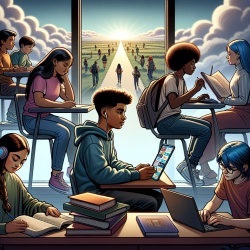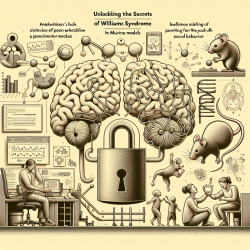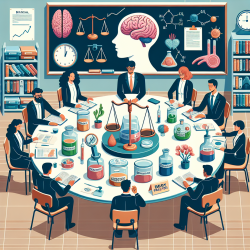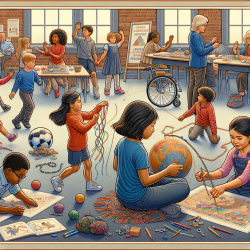Introduction
Adolescence is a critical period for developing self-regulated learning (SRL) skills, which are essential for academic success and lifelong learning. The recent study, "Measuring the Complexity of Self-Regulated Learning and Academic Challenges for Adolescents in Canada," provides valuable insights into how educators can better support students during this transformative stage.
Understanding Self-Regulated Learning
Self-regulated learning is an active, constructive process where learners set goals, monitor their progress, and adapt their strategies to achieve academic success. It involves metacognitive, motivational, and behavioral components that help students navigate the complexities of their educational environments.
Research Insights
The study validated the Self-Regulated Learning Profile and Self-Diagnostic (SRL-PSD) instrument, highlighting its reliability in measuring SRL practices and academic challenges among adolescents. Key findings include:
- SRL practices are positively associated with school engagement.
- Academic challenges negatively impact school engagement.
- All types of SRL practices and academic challenges are significantly intercorrelated.
These insights underscore the importance of fostering SRL skills to mitigate academic challenges and enhance student engagement.
Implementing SRL Strategies in Education
Educators can leverage the SRL-PSD instrument to assess and improve students' self-regulatory skills. Here are some strategies to consider:
- Goal Setting: Encourage students to set clear, achievable goals and regularly review their progress.
- Time Management: Teach students how to prioritize tasks and manage their time effectively.
- Motivational Strategies: Help students identify personal motivations and connect their learning to real-world applications.
- Reflective Practices: Promote self-reflection and self-assessment to help students recognize their strengths and areas for improvement.
Encouraging Further Research
While the SRL-PSD provides a robust framework for understanding SRL practices and challenges, further research is needed to explore its application across diverse populations and educational settings. Researchers should consider longitudinal studies to examine the development of SRL skills over time and their impact on academic outcomes.
Conclusion
By integrating SRL strategies into educational practices, educators can empower adolescents to take control of their learning and overcome academic challenges. This approach not only enhances student engagement but also prepares them for success beyond the classroom.
To read the original research paper, please follow this link: Measuring the Complexity of Self-Regulated Learning and Academic Challenges for Adolescents in Canada.










